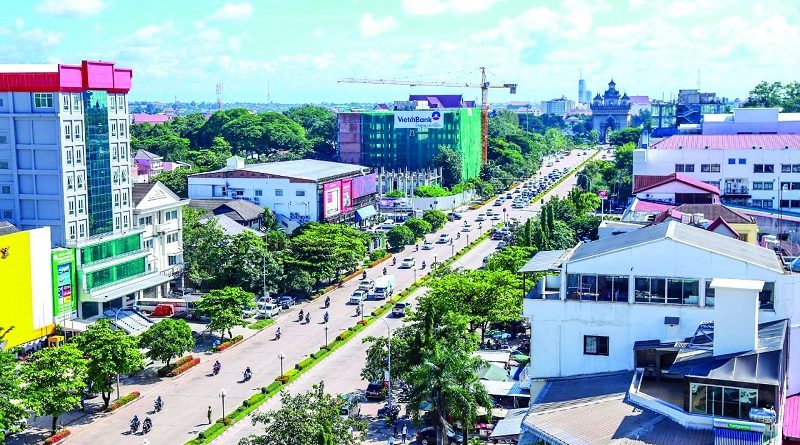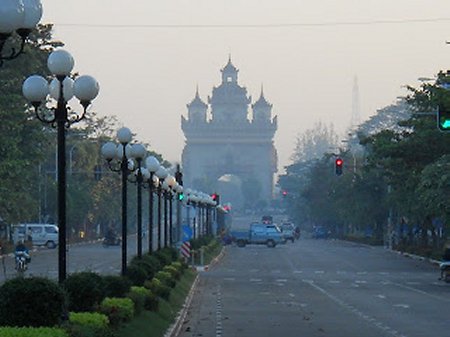More Money Needed For Payment Of Debt, Salaries, Development Schemes
Source: Vientiane Times
The payment of government officials’ salaries, investment in development projects and repayment of debts constitute the largest portion of government expenditure allocated for 2023, according to the Ministry of Finance.
The government will increase its expenditure budget from 34.5 trillion kip in 2022 to 43.49 trillion kip this year.
Meanwhile, national revenue is targeted at 38.44 trillion kip, an increase of 21.7 percent year-on-year.
This year’s planned spending represents 18.58 percent of gross domestic product (GDP). Of the total, 13.3 trillion kip has been allocated for the payment of government officials’ salaries, while 2 trillion kip will be spent on various types of allowance.
Earlier this month, the Prime Minister’s Office announced that the government would award a monthly living allowance of 150,000 kip to civil servants and retired senior employees.
The increased living allowance was announced amid the spiralling price of consumer goods.

In addition, the government has allocated 7.63 trillion kip for the payment of interest on loans and another 14.46 trillion kip for investment in development projects.
Of the total, 10.15 trillion kip will be disbursed as the government’s contribution to cooperation projects funded by development partners. The remaining 4.31 trillion kip will be ploughed into state-funded development projects.
Rising costs have forced the government to boost national income and spend money in an effective and efficient manner or on programmes that guarantee high economic returns.
The government has also pledged to pursue its austerity policy by limiting spending on administrative affairs and non-essential projects.
This year, the government plans to recruit only 800 new civil servants, a huge drop from the 1,300 civil servants recruited last year, the 1,600 taken on in 2021, and the 2,000 people given government positions in 2020.
The downsizing of state organisations is also aimed at reducing the number of state employees in order to cut spending on salaries and allowances.
The government will continue to improve mechanisms relating to expenditure management as well as digitalising payment systems.
One of the most important goals is to ensure that domestic revenue is sufficient for domestic spending or produces a surplus, so that the government has more money in reserve to repay debts.
The weak kip makes it challenging for the government to project the amount of money needed to repay the interest on loans owed to foreign countries.
However, the government has vowed that it will not allow Laos to default on debt repayment.
Laos has experienced financial difficulties for several years, ramping up pressure on its debt servicing capacity.
The government is also committed to modernising revenue collection and encouraging the private sector to participate in development projects through public-private partnerships.



